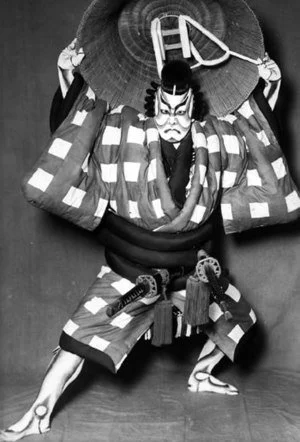problems can disrupt
solutions can bring a calm
make use of the good
ZEN
ISITZEN wants to bring you peace of mind. When it comes to purchasing or using your technology, don't worry about how you are going to get it all to work or keep it running smoothly. Let ISITZEN take care of everything for you.










